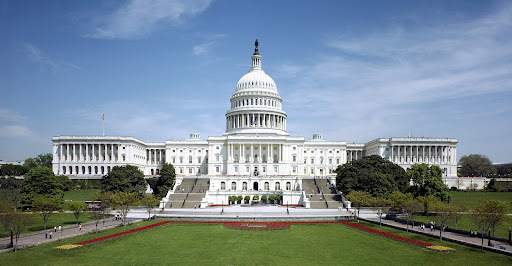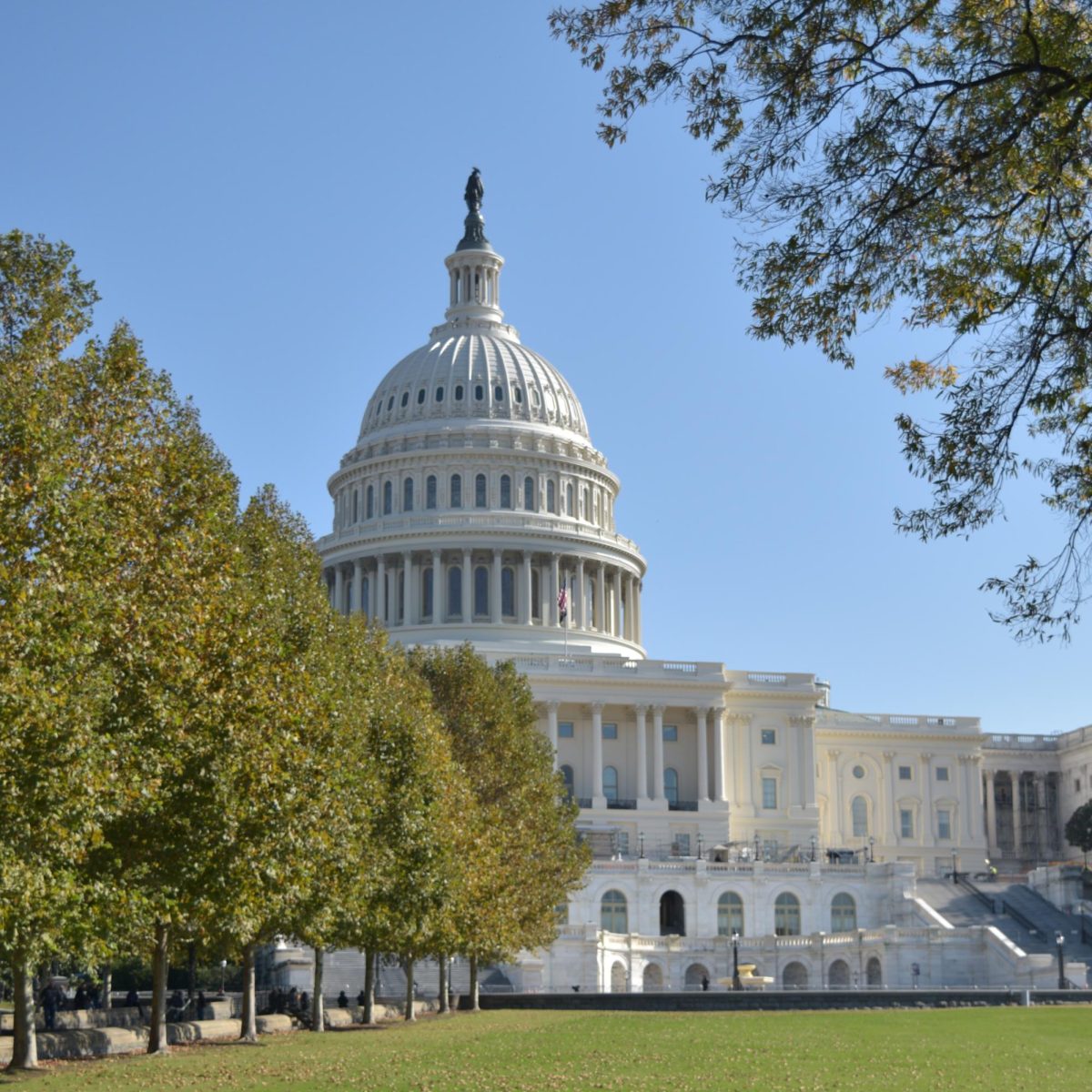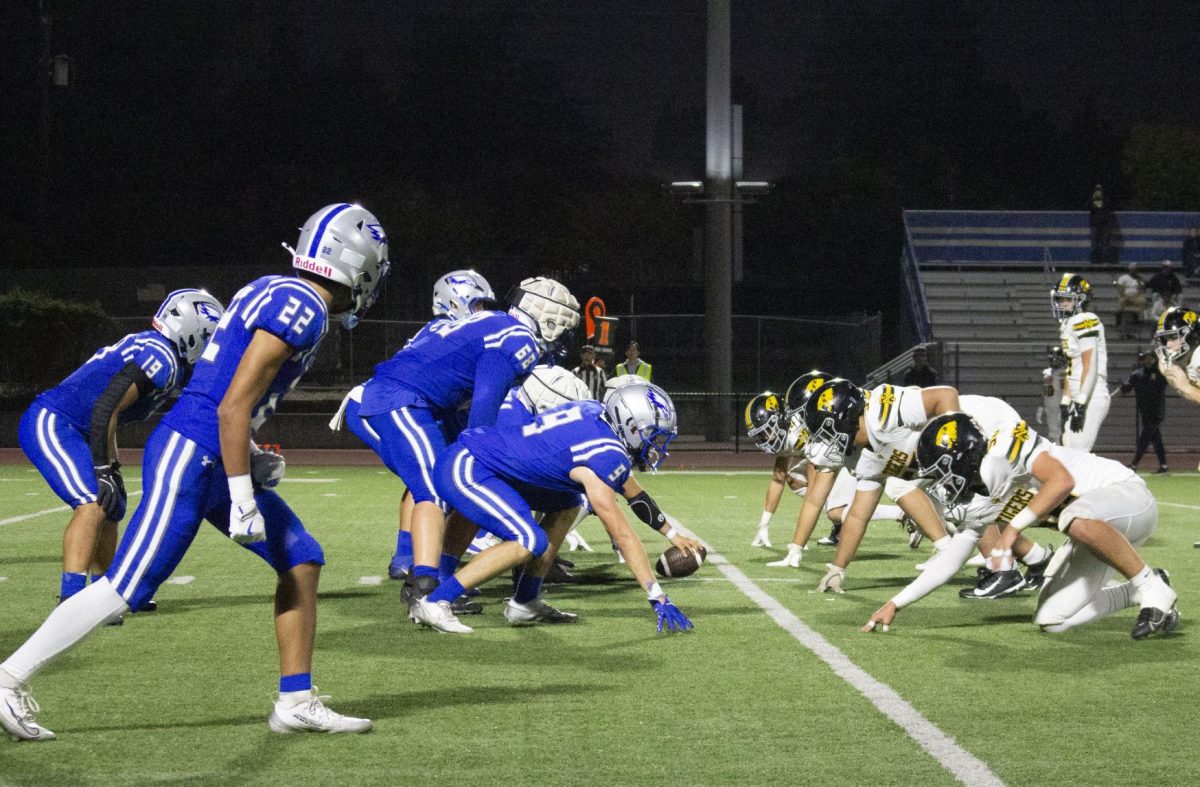- Government shutdown averted
- On Saturday, September 30, with 12 hours before a government shutdown, the House of Representatives passed a 45-day bill to keep the government funded through mid-November. Speaker Kevin McCarthy’s bill was halted due to demands from both parties, but it eventually passed with 90 republicans and one democrat voting against it. Later that evening, Congress voted to pass the bill, and Biden signed it.
- House Speaker Kevin McCarthy removed from speakership
- Last Tuesday, Republican Speaker Kevin McCarthy was voted to be removed as Speaker of the House, with 216 representatives voting to oust him. Following his cooperation with house Democrats in passing the bill intended to avert a government shutdown, hard-right Republicans called for McCarthy to be removed from his position last Monday. Without the support of eight Republicans who opposed him, McCarthy was unable to survive the vote. Representative Patrick McHenry is serving as interim speaker, but a permanent speaker has not yet been elected.
- Joe Biden impeachment investigation
- House Republican leadership has begun interviewing witnesses in an impeachment inquiry into President Joe Biden. The investigation is related to alleged improper business deals and political corruption between Biden and his son, Hunter Biden, while serving as Vice President during Barack Obama’s administration. Currently, no known evidence of Biden committing such a crime has been discovered.
- UAW strike
- The United Auto Workers labor union began a strike on Friday, September 15. The strike consists of employees from Ford Motor Company, General Motors and Stellantis, with strikes occurring in one factory from each company. The labor union’s demands include increased wages accounting for inflation, a four-day workweek, overtime pay, retirement benefits and worker protection.
- WGA strike comes to agreement
- On Sunday, September 24, the Writers’ Guild of America, which had been striking for 146 days, reached a deal with studios. Many of the union’s demands were met, including increased compensation for streamed content and protections against the use of artificial intelligence. However, the Screen Actors Guild-American Federation of Television and Radio Artists has yet to come to a deal, keeping Hollywood at a standstill; while late-night and talk shows are returning, productions that require unionized actors will still need to wait.
- Second GOP debate
- The second GOP debate of the election cycle took place Wednesday, September 27, with seven candidates competing for the Republican nomination. The frontrunner for the nomination, Donald Trump, who skipped the debate, took blows from the candidates, but debaters mostly attacked and quarreled among each other.
- Senator Dianne Feinstein dead
- On Thursday, September 28, California Senator Dianne Feinstein, the oldest sitting senator at 90, passed away. Feinstein was a fixture of California and national politics: in 1978, she became the first woman mayor of San Francisco after the city’s mayor and supervisor were murdered; she became California’s first woman senator in 1992, where she worked until her death. A cause has not been cited, and Governor Gavin Newsom appointed Laphonza Butler as Feinstein’s replacement. President of EMILY’s List, a political committee aimed towards putting Democratic women into office, Butler will serve until a successor is voted in November 2024, and she has not stated whether she’ll run in the election herself.
- Senator Bob Menendez charged
- On Friday, September 22, New Jersey Senator Robert Menendez was charged with taking hundreds of thousands of dollars in bribes, including gold, to leverage his power in international politics. Democratic allies, including New Jersey Governor Philip Murphy, called on Menendez to resign, but he has refused to, and he pleaded not guilty to the charges.
Story continues below advertisement
















